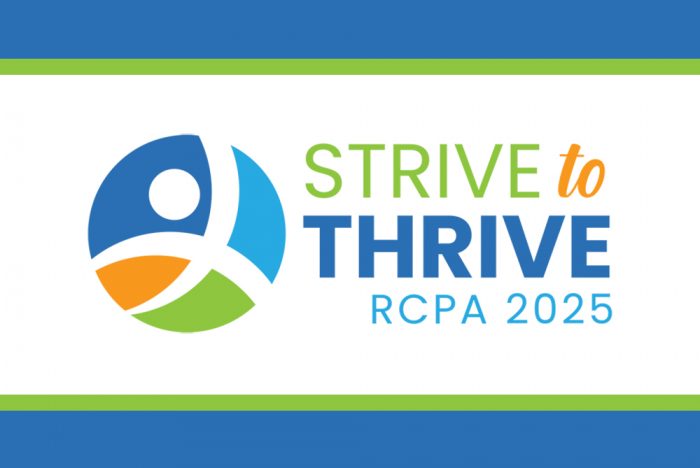On Tuesday, July 29, the Governor’s Office of the Budget provided an update on the status of the Fiscal Year (FY) 2025/26 state budget. The update outlines projected impacts across various departments within the Department of Human Services (DHS) over the next six weeks resulting from the ongoing budget impasse. Although the Governor, Senate, and House leadership have described ongoing negotiations as respectful, they have also been described as inching along. The letter from Secretary Monson cites funding for public schools and mass transit as top challenges in finalizing a budget.
Following is a summary of payments from Pennsylvania health and human services departments that will be delayed without a budget.
Department of Aging cannot distribute:
- $12.88 million in payments to the Area Agencies on Aging, for July and August.
Department of Drug and Alcohol Programs cannot distribute:
- $9.95 million quarterly payments to the Single County Authorities.
- $187,000 quarterly payments for training of substance use disorder and problem gambling service professionals.
- $21 million quarterly payments for State Opioid Response funding.
Department of Health cannot distribute:
- $9.405 million in anticipated quarterly reimbursements to County Municipal Health Departments.
- More than $4.7 million in quarterly funding to support operation and administration of EMS services.
- $9.405 million in quarterly funding to school districts for health services.
- More than $3.466 million in quarterly payments for the Prescription Drug Monitoring Program, beginning in July.
- Payments for critical health services, including, but not limited to: Tuberculosis screening, Cystic Fibrosis, Lyme Disease and Cancer Screening, beginning in July.
- More than $1 million in quarterly payments for Maternal and Child Health services and $1.8 million in quarterly for Newborn Screening.
Department of Human Services cannot distribute:
- $15 million in quarterly advances for Behavioral Services, beginning in July.
- Quarterly advances for Breast Cancer Screening services.
- $390 million in County Child Welfare payments for July and August.
- $8.5 million in payments for Domestic Violence for July and August.
- $3.5 million in quarterly advances from the Human Services Development Fund.
- An estimated $33 million in Child Support Enforcement payments, for July and August.
- $3.4 million in payments for Rape Crisis for July and August.
- Approximately $10 million for Community-Based Family Centers for July and August.
- $5.6 million in quarterly advance payments for Homeless Assistance.
Read the letter from Secretary Monson here. If you have any questions, please contact your respective RCPA Policy Director.
















